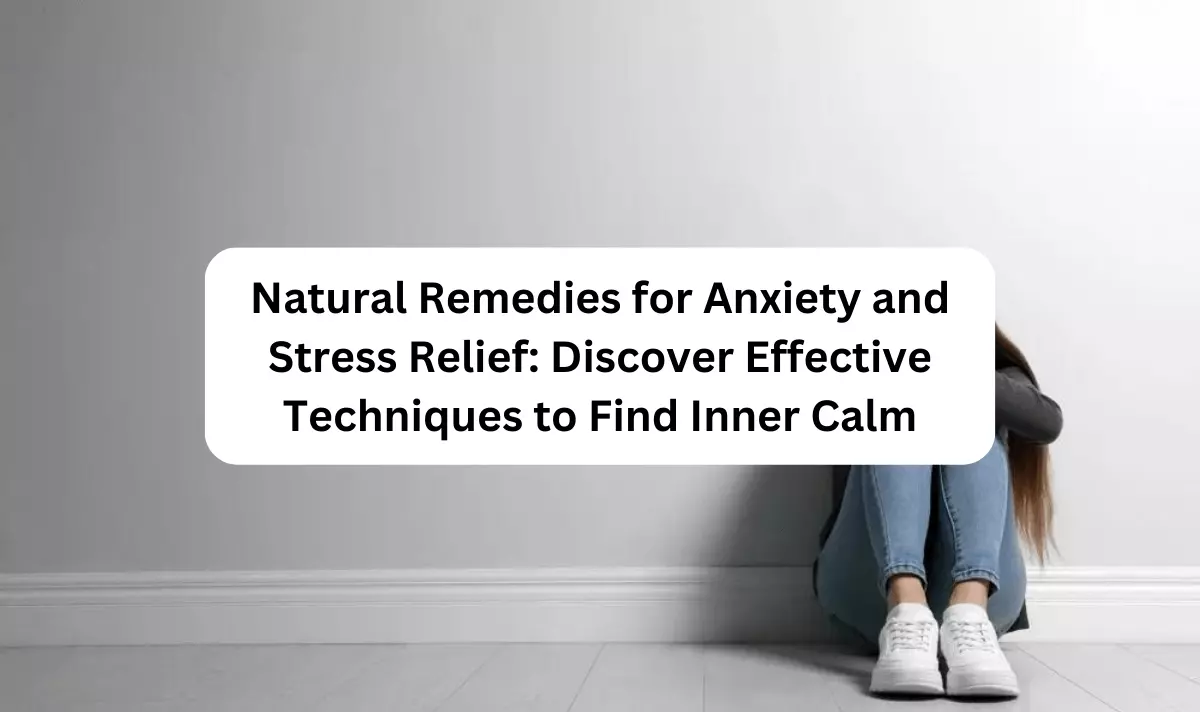Relationship therapist’s suggestions
Recognize the causes, recover good relationships and discover lasting options.
When the preliminary spark of love discolors, the blood flow to the mind changes and relationships go into a brand-new stage in which you and your partner need to build a favorable, lasting and loving relationship.
During this stage, irritations and underlying “pain factors” start to surface area and create common issues.

These 10 issues might be lurking behind-the-scenes and end up being much more obvious when one or both of you are under stress and anxiety.
- Seeing Differences as Problems: sensation that distinctions can be aggravating rather than fulfilling.
- Transforming little problems right into huge ones: micromanaging and burning out of the daily.
- Arguing however not locating solutions: slamming, protecting, and distancing oneself without re-engaging.
- Trying to restore trust after an agonizing experience – without finding a service.
- Disagreeing on crucial problems – collecting unsettled troubles.
- Falling into a pattern of “range results in range” from the various other individual
- ” Leave and Return” pattern where one partner withdraws and has a tendency to separate while the various other is more friendly and wishes to spend even more time together
- Lack of intimacy: both sexual and physical – no touching, kissing or embracing.
- Lack of relevance in the relationship: youngsters, job, money and various other important points start to take a rear.
- They come to be foreseeable with each various other and bored with day-to-day tasks.
Do you acknowledge one or more of these issues?
It’s typical to have several of these issues in a relationship, however it’s also regular for problems to enhance under anxiety, such as having a kid, moving home, a parent’s ailment or death, troubles at the workplace, and so on.
What all bothersome relationships have in common is that good relationships are brought into question.
Individuals react to this detach in different means:
- Some will certainly withdraw from their partner and learn a more avoidant/ambivalent add-on.
- Others become distressed, look for a partner, and learn an extra anxious/ambivalent attachment relationship.
- Others alternating in between these two patterns, learning more concerning anxious/avoidant add-on relationships.
Getting rid of these problems and building a good relationship, parterapeut, needs finding out brand-new means of reacting in order to develop favorable attachments and deeper caring relationships. Luckily, this is feasible throughout life.
9 Trick Ways to Solve Typical Relationship Problems

1. Embrace distinctions – and use them favorably
The top qualities that originally attract you to your companion can frequently be aggravating:
- Sensitivity was initially touching, however is now considered troublesome.
- Spontaneity was at first rejuvenating, yet is now seen as reckless.
- Being arranged was fascinating at first, today it’s suffocating, and so forth.
Do not reject distinctions and quit criticizing, criticizing, putting down and trivializing your partner’s uniqueness.
Gain from each various other: try to open to your sensitivity, spontaneity, systematicity, etc 2. Getting close to each various other.
Try to create a feeling of “we” that includes your values and qualities, improved each other, where you are both victors, not “either/or” losers and winners.
The crucial point is: build a common favorable vision that you both intend to function in the direction of:
For instance: learn to communicate with your emotions and compromise your need to control – let your companion gain from you just how to manage their feelings and acquire more control.
3. Be prepared to encounter problems – produce modification together
When tiny troubles intensify, it’s generally due to the fact that your interactions are locked right into hidden patterns and you’re ‘stuck’ in them.
It’s not a matter of toothpaste caps or garbage cans that can’t be thrown away, it’s the significance of these little points.
Allow’s discover what the trouble is and fix it together.
It’s extremely vital not to just state, “It’s your mistake” or “I am who I am, so you have to approve it!”
Significantly, when both companions agree to look inward, recognize the deeper definition of the “little” points, and make a sincere initiative to alter the patterns that are causing the problem, the conditions remain in area for real favorable adjustment.
4. Supporting your partner under stress – and revealing your own need for assistance
Study into the human mind and intimate relationships has actually revealed that the misconception that solid relationships are related to “independence” – the capacity to deal with things on your own – is false.
It is necessary to remember that people are social beings; by providing and obtaining support, we become stronger and better. Attempt to construct an useful interdependent relationship.
- Ensure that this reliance is not too much:
If you discover yourself having a hard time to comfort yourself when you are unfortunate or to support yourself when things obtain difficult, seeking comfort and support from your companion will certainly make you more powerful. Nonetheless, it is additionally important to work with creating your own capacity to convenience and reassure on your own. This will certainly develop your inner resilience and allow you to be a lot more flexible of your companion when they are having a poor day or are unable to be there for you for other reasons.
- Take care of your sub-dependencies:
If you find it difficult to request for assistance and always attempt to fix things on your own, sharing your internal needs more often when points get hard will make you stronger. Keep in mind, asking for aid isn’t an indication of weakness-expressing your internal stresses will certainly make it easier for both you and your companion to understand and resolve problems. You’ll stop points from piling up inside of you and allow on your own to feel more unwinded.
5. Recovering from a break up and preserving the relationship
If misunderstandings, problems, betrayals and difficult experiences, huge and little, go unresolved, adverse experiences can accumulate and eliminate a good relationship. Seek advice and counselling, mandlig parterapeut, before it is too late.
Study clearly reveals that a satisfied and long lasting relationship consists of the capacity to “mend” after a separation. “Repairing” comes to be possible when you can offer and obtain info concerning difficulties in the relationship in an useful means:
- Express harmed feelings in an useful and respectful method: don’t be aggressive, critical, and prideful (obvious anger) or taken out, cool, and distant (hidden anger).
- Respond and understand: Do not hide behind defenses such as discussing, firmly insisting that the other person’s response is incomprehensible, exaggerating, and so on. Instead, face your partner responsibly: “I’m sorry I injure you; that wasn’t my intent. How can I make it right?
Factor: Research shows that the crucial premise of forgiveness and reparation is established when a partner detects that “you really feel harmed by me, that you are sorry for yourself, which you wish to make points ideal”.
6. 5 Vital Actions for Handling Arguments

- Put satisfaction initially:
If you, your partner or both are upset, the research study is clear: Chatting will obtain you no place. Make it a priority to talk steadly and professionally.
- Do you actually understand each various other?
When we get to know each various other, we are quick to “separate” each other and assume, “You’re constantly like this.” Attempt to understand the other person’s inspirations and desires. Quit being prejudiced and pay attention from the heart.
- Look for options that stabilize the passions of both celebrations:
There’s a huge distinction in between attempting to dominate the various other individual, creating a loser and a champion, and trying to resolve, creating 2 victors and team spirit.
- If among you has to back down on something crucial, develop purposeful payment:
Sometimes it’s impossible to find an equally valuable option, and when one celebration gives up, the other might have to provide to acknowledge on another factor as a sign of reconciliation. This actions constructs rely on the relationship and sends out a message of “I’m here for you.”
- Capitalize on differences:
If you often tend to lash out honestly or passively during problem, it is very important to discover to moderate and practice even more inside-out interaction.
7. Ask your companion for aid.
If you alienate on your own when you’re irritated or in difficulty, after that your relationship is likely to grow hollow and mentally cool. If your companion has the very same patterns as you, after that your relationship is most likely to lack heat, deepness, and communication. You’ll stay on the surface area, depending primarily on sensible points to hold you together-until you begin to wander apart emotionally.
- Ask on your own truthfully, “What was I believing before I left?” and attempt to interact that frustration or negative thoughts to your companion instead of simply walking away.
- Aid your partner.
- Pay attention to your body language: use touch, tone of voice, kisses, and hugs to show that you prepare to move more detailed to your companion. Concentrate on being there for each other when you obtain up and go to bed, when you leave your companion, or when you are rejoined with your companion. During these transitions, you can greet your partner with touch, kisses, and mild body language as a way of conveying the message “I appreciate you.”
Point: Remember that through love and understanding, the blood in your brain can begin to move in new patterns that develop excellent relationships. When you close yourself off, you develop a deeper wedge between you and your partner.
8. You End up being Stronger in the Face of “Alienation and Closure Patterns”
Occasionally relationships are endangered when one companion wishes to pull away and invest even more time alone, while the other intends to draw closer and invest more time with each other.
Research on adult accessory relationships plainly shows that this pattern and obvious problem is related to an absence of truthful interaction.
- The nagging companion criticizes others, utilizes a great deal of words, and really feels that she or he is not a priority:
The nagging partner needs to discover to reveal the at risk feelings behind the anger and criticism; instead of aiming fingers, they ought to share a genuine need to build a good relationship and mutual trust fund.
- The avoidant companion withdraws, comes to be reticent, and really feels evaluated:
The avoidant partner needs to learn to reveal feelings such as, “I have actually never ever done sufficient great for you, and that makes me troubled about my relationship with you – so I want to leave.
When communication becomes much deeper and extra honest – and both companions really feel comprehended, acknowledged and appreciated – a good relationship is brought back via parterapeut.
9. Safe and secure attachment is essential for affection and a rewarding sex life

Attachment research recommends that if your attachment pattern is insecure, you are more likely to see sexual issues as an essential trouble in your relationship.
If your accessory pattern is extra protected, you are much less most likely to seek recognition via sex, which has a favorable impact on your sex life.
- In the future, tension is not sustainable:
Uniqueness, the unidentified and experimentation don’t maintain sex and intimacy for long, yet instead promote gratification via the activity of dopamine, a natural chemical that makes people “want a lot more, obtain more.”
- Have sincere, caring discussions regarding sex, intimacy and nearness:
Having honest, favorable conversations about your very own and your partner’s desires and needs is just one of the surest means to develop a good atmosphere in which you both unwind and thus obtain the most rewarding touch from each various other.
- Concentrate on protected attachment:
Shared depend on, excellent interaction and the feeling that “we exist for each and every other” are the most vital requirements for a vivid, positive intimate life and an enjoyable sex life.

Arlene Ross is a health blogger who enjoys writing on her website. Arlene has always had an interest in medicine, and she hopes to become a doctor one day. She loves reading about medical discoveries, especially when they are for rare conditions that don’t have much research yet. She also likes exploring the science behind different diets and nutrition programs.












